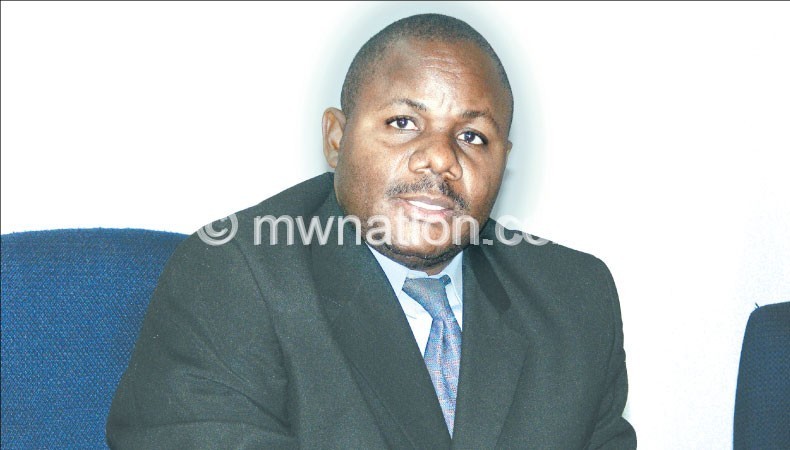Kwacha on steady appreciation path
The Malawi kwacha seems to be on a steady appreciation path and was trading at around K549.9343 against the dollar yesterday on the foreign exchange market, according to the Reserve Bank of Malawi (RBM).
This is a gain from a low of K565 to a dollar a few weeks back.
Foreign exchange market dealers have attributed the recent appreciation to, among others, declining demand for foreign currency and lower buying power among foreign exchange buyers or businesses.
The local unit has continued to appreciate against the greenback and South African rand, but is depreciating against the British pound and euro.
While the Reserve Bank of Malawi (RBM) is currently buying foreign exchange from the market, pushing up gross official reserves in the custody of RBM to prop up the value of kwacha during the lean period-to $674.91 million, an equivalent of 3.23 months of import cover, commercial banks are offloading the hard cash, according to RBM’s financial market development report.
Last week, according to the report, commercial banks sold $61.15 million, a development which has lowered private sector reserves—forex in the custody of commercial banks—to $297 million or 1.42 months of import cover from $301.56 or 1.44 months of import cover the week before.
Cumulatively, however, the economy is sitting on a healthy forex position of $972.3 million or 4.65 months of import cover, which could enable government to purchase critical imports such as fuel, fertiliser and medical drugs.
RBM spokesperson Mbane Ngwira earlier said there is no need to panic as the economy has enough foreign exchange to withstand pressure of the lean season which normally starts in October up to March the other year.

Economics professor at University of Malawi’s (Unima) Chancellor College Ben Kaluwa in an interview yesterday said the local unit is just responding to the demand and supply on the market.
“Despite this being the beginning of the lean season, there seems to be less pressure on the forex market as was the case some two months ago. That pressure seems to have died down because of the confidence emanating from a healthy import cover,” he said.
However, this seems to be paradoxical because the local unit was fast depreciating when the country was selling tobacco—which wires in about 60 percent of foreign exchange earnings.
But last week Bankers Association of Malawi (BAM) president Misheck Esau said in an interview the appreciation of the kwacha, which took a knock of about 33 percent, could be attributed to the declining demand for foreign currency due to new levels of working capital.







